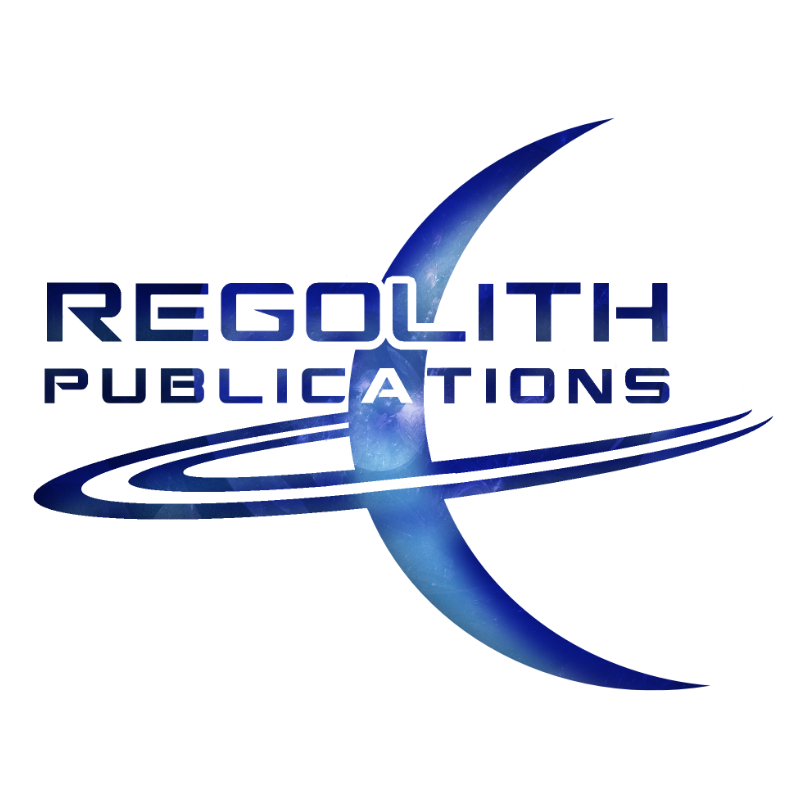|
The pre-order for The 12 Swords of Sabolin is up! This companion book contains pictures, histories, and all the world building to my fantasy series Valandra. Here's a look at the details on the inside. It's sort of an experiment to see if fans of my fantasy series want more in-depth world building, histories, mythological tales, as well as detailed explanations of the 12 swords and their powers.
0 Comments
A REAL WORLD RANT...ON SEXY INNUENDO & BAD REVIEWS
All my books have sexy innuendo (sometimes sexual but hardly ever sexist--unless one of the characters is deliberately written to be sexist). It never ceases to amaze me though as to how many people are still bothered by even the most basic sexual innuendo. Not even out of place or in poor taste. Far less than, say, George R.R. Martin's Game of Thrones, for example. And I make sure it always serves the plot or character arcs (if not plot then certainly the character's arc). That is, I don't think I've ever relied on the enticement of sex to drive any of my storytelling. It's always there, in the background, as in the real world. Whenever I get a *negative review* complaining about the above average sexual content in my books (I'm not talking smut here--just people having real world relationships--kissing, hugging, squeezing, the occasional petting), I always like to check the geography where that copy of the book was sold. After all, I don't know of any geographic in the real world where people live entirely without sex in their lives. Even the most cloistered, overtly religious, anti-sexual communes usually have sex related scandals. And report after report comes out showing that conservative demographics, the one's that rant the most against sex are, coincidentally enough, also the highest consumer of pornography. Go figure. All you have to do is scratch the surface of people's lives, and you'll find it. It's there waiting for you to either cringe at or watch in dumbfounded amazement. That's the real world, folks. I suppose if I wrote your typical mundane, non-sexy, material my books would appeal to a much broader demographic (mainly religious prudes and those put off by the idea of sex, which I've always found peculiar in light of how well violence sells in terms of entertainment--but pick your smut, I guess), but at the same time I know that writing "clean," as they call it in the literary world, would make my novels the same old boring oatmeal--or as my grandparents always called it..."mush." I mean, that would be like watching the original Star Trek without Captain Kirk seducing every cute alien woman he found. It wouldn't make the series any less bad, per se. But it wouldn't make the character stand out as the alien seducing, womanizing, star captain we've all come to grow and love. Personally, I like to have a bit of spice in my stories. At least this way, I stand out with a unique voice. Just as Captain Kirk stood out. Whether that's good or bad, I'll leave it up to you to decide. I agree it's not absolutely necessary, but it's a preference. It's also interesting to me that if you take away all the "prudish" reviews of my work, there's very little in the way of actual complaints about the story matter. Sometimes I get dinged for having a grammar or spelling error (or two), but that comes with modern Indie publishing. I'm going to fill you all in on a little secret. I've been at this writing thing for five years now. Five years as a professional author. And still, mistakes get past me. Heck, when I was still being published by a major publisher, they even got past my editors at that publisher. That's the nature of the beast, I'm afraid. The odd mistake will slip by even after a professional edit and 11 beta readers, such as every one of my books goes through. And, admittedly, sometimes a silly mistake occurs that probably shouldn't, and a beta copy of the manuscript gets uploaded instead of the finalized manuscript, and sometimes Amazon publishes your pre-order two days earlier than it should (without any notice) thus sending out the wrong book early. Such as what happened with Valandra 2. I contacted Amazon with screen-caps of the dates to show the error was theirs and they corrected it ASAP offering an *update* for all those who pre-ordered Valandra 2. So, be sure to check your email and if it didn't come, or got filtered out somehow, be sure to go to your "manage kindle" tab on Amazon, scroll down to Valandra 2 and click on the "update" tab. This is just the nature of Indie publishing. When you're a one-man band, instead of a 6 person editorial team, things don't always run as smoothly as you'd like. Oh, well. Lesson learned. And that's really all a person can do. I just keeping learning and keep on getting better each time I hit that *publish* button. Anyway, sorry for the rant. It's just that when I see people dinging me for something that's a trademark of my material it sort of annoys me. If you don't like sexiness and romance, best to steer clear of my novels. They all have it to one degree or another. And I'm sorry if anyone feels I've wasted their time with this rant. Honestly, I wasn't going to send this out, but then I figured, if you don't like a bit of spice in your storytelling, then I should at least do the right thing and give you a heads up--you may want to steer clear of my books--you goddamn Jean-Luc Picard lovers (I kid, I kid!). Thanks for your time! In a nutshell, the answer is yes.
The gatekeepers of trade publishing and traditional publishing practices are, by and large, obsolete. WHY ARE THE GATEKEEPERS OF TRADITIONAL PUBLISHING OBSOLETE? Please keep in mind that this isn't a criticism of trade publishing. Merely an objective observation of what gatekeepers promise to offer and how this relates to being published. Now, it is the tradition of the publishing industry to set up middle-men to help make this job easier if not more expedient. This is where agents come into the grand scheme of things. Of course, the question arises, to what purpose do these middle-men serve? To help you get published, naturally. But also to make sure that, as their client, that the publishing houses aren't taking advantage of you and to ensure that the publisher is abiding by fair hiring practices and copyright laws, and etc. So, agents do serve a purpose. But their purpose and function can be easily co-opted into the duties and responsibilities of a self-published author. So, again, they are largely unnecessary. Helpful, sure. Beneficial even. But not a necessity. They are a nice perk. A luxury. But one can still be published without an agent. Even by a traditional publisher. I know, because sure I did. Get published by a trade publisher without an agent, that is. But it's not recommended to go this way. But it is possible. (*Note: I say it's not recommended to go this way because the legal rules and regulations of publishing houses is unnecessarily complex and merely makes it that much more difficult for the author to navigate. The reason for this complexity is that traditional publishing has grown from a practice into a business model and, along with it, all the baggage that entails. But this is a discussion for another time). So, basically, we can all agree that the goal of the agent is to help see that you get published. And the publisher is there to publish you. The question we find ourselves pressed with is, are these things currently necessary to be a published author? The answer is no. So, the follow up question is why not? At present, one can forego the middle-man and bypass their preference regarding what they deem as worthy of publication that determines who and what gets published. Frankly speaking, you don't need this arbitrary assessment to be published. If you don't need it, then their purpose of helping you get published and publishing your novel are by definition: obsolete. In the post-self-publishing world, the fact of the matter is, that the gatekeepers of traditional publishing no longer necessarily serve the function of helping one get published. I mean, they do serve that function, but because of modern technology and the digital format of print on demand publishing (POD for short) they aren't necessary. Not being necessary is the same thing as being obsolete. So it's not meant as a criticism or a slight when I say the gatekeepers of traditional publishing are obsolete. It's not a value judgement. It's simply a brute fact. |
Tristan VickBy day I am an educator and a cultural ambassador. By night I entertain notions of being a literary master. In reality I am just a family man and ordinary guy who works hard and loves writing just about as much as I love my family. Just about. AVAILABLE NOWNEWSLETTER
|
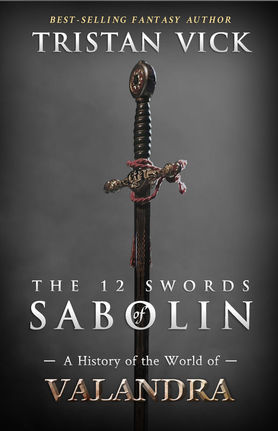
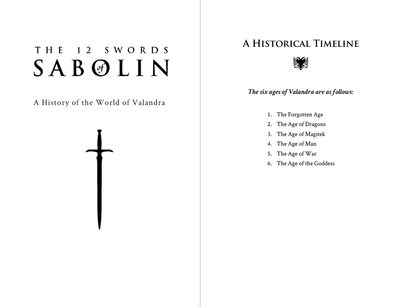
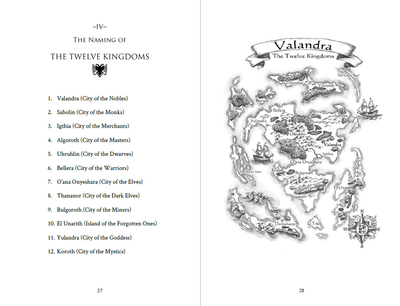
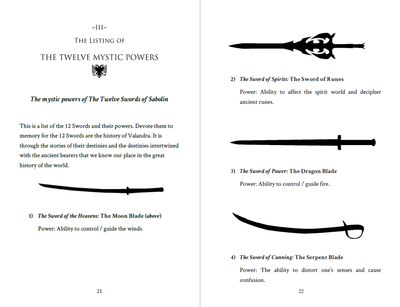
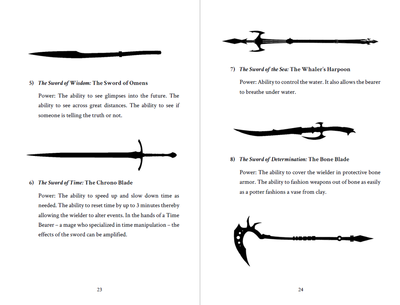
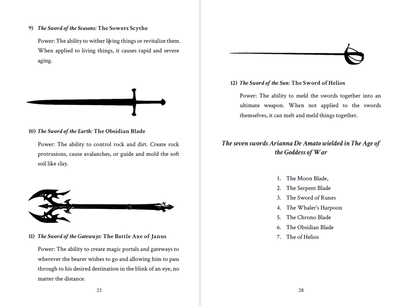
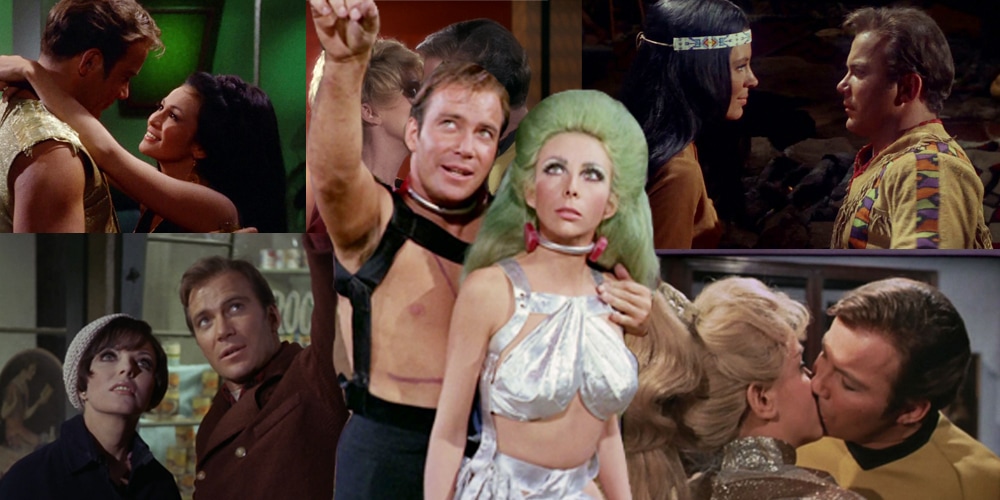


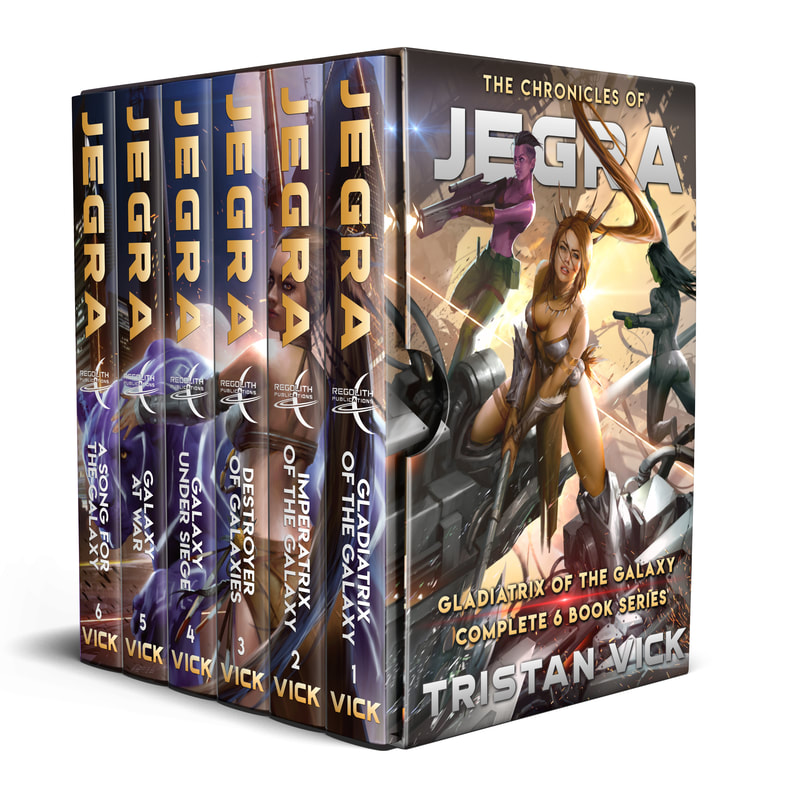
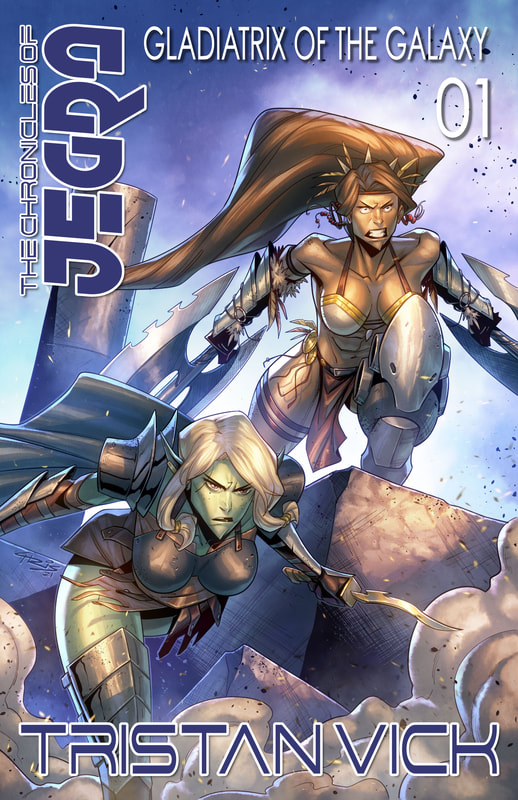
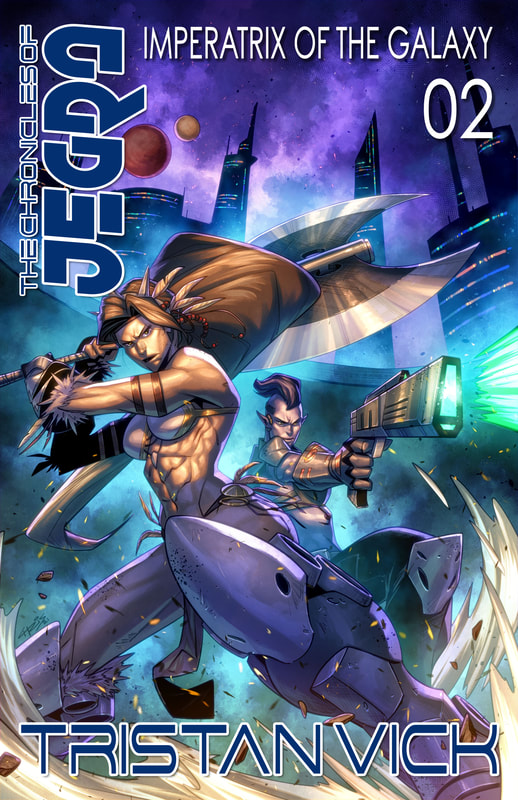
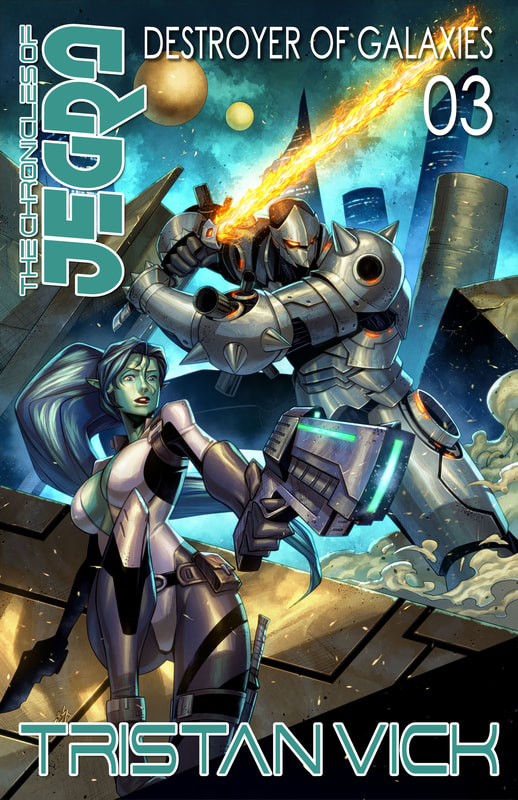
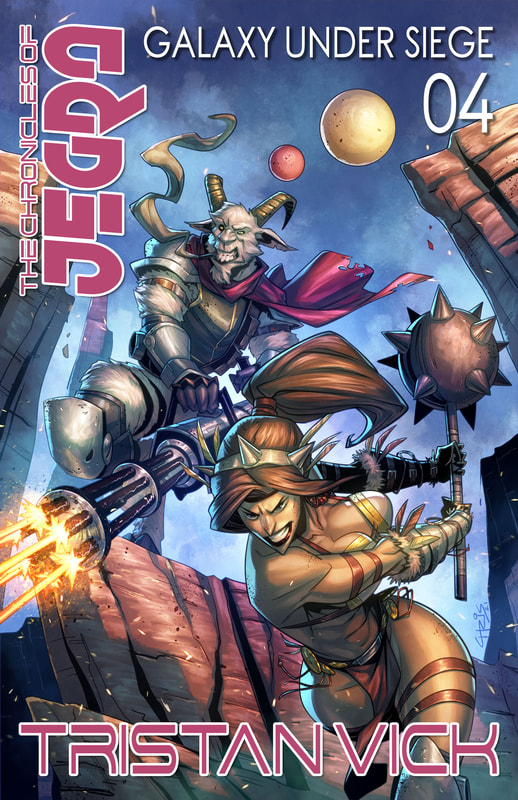
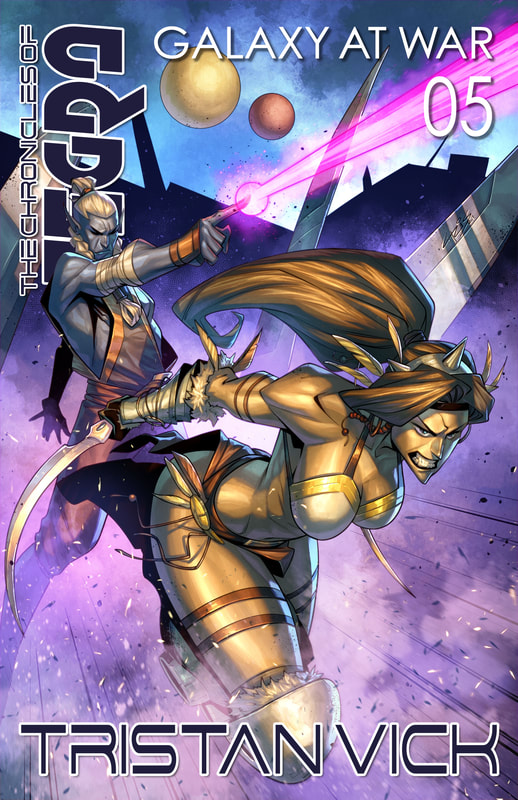
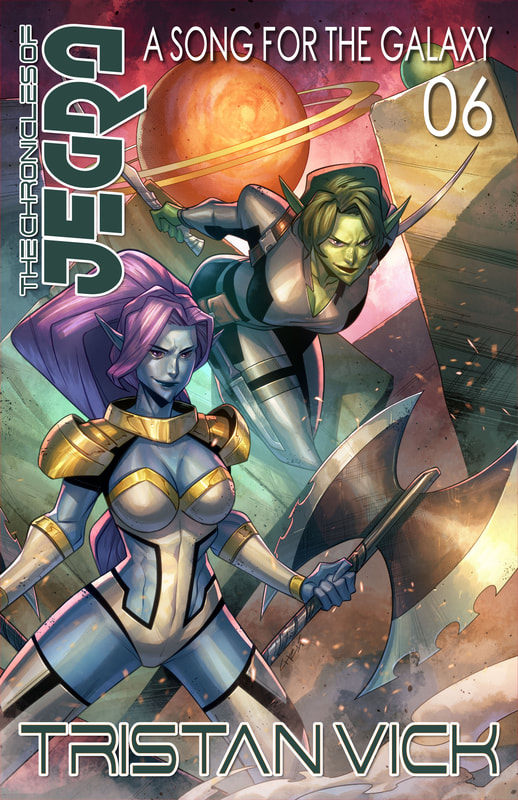
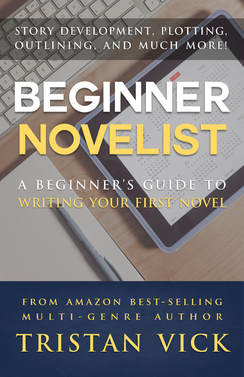
 RSS Feed
RSS Feed
